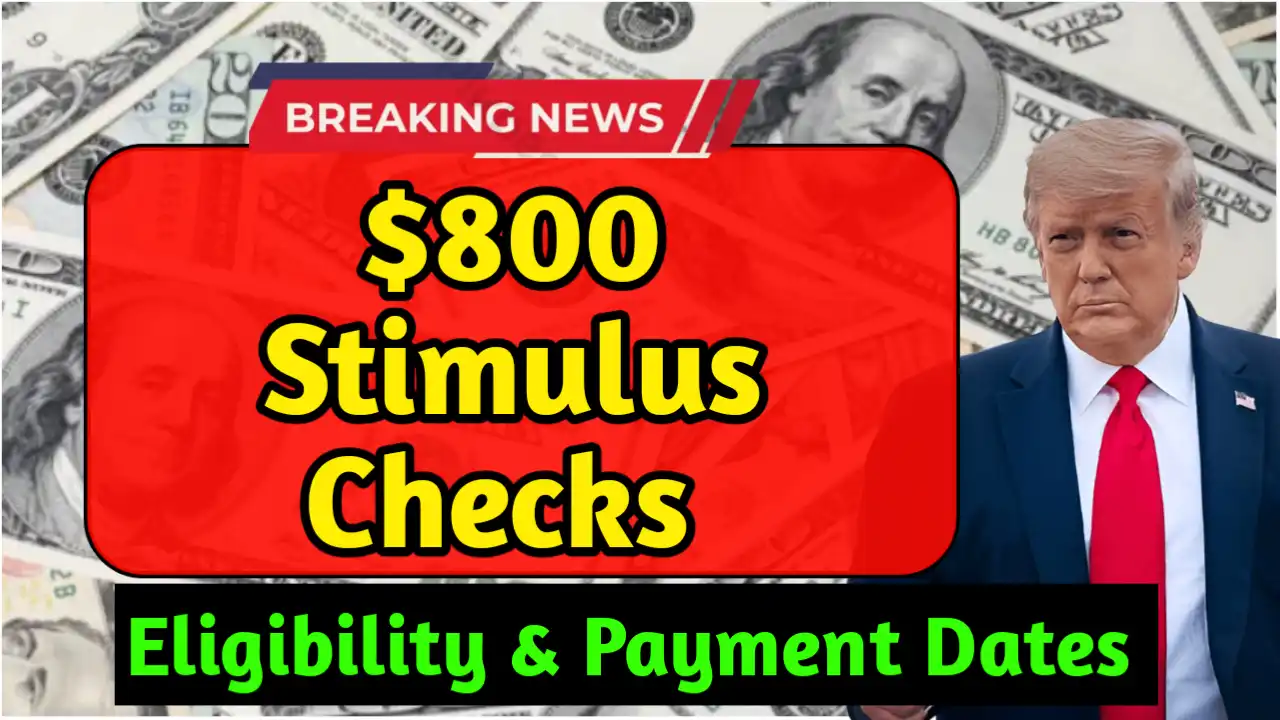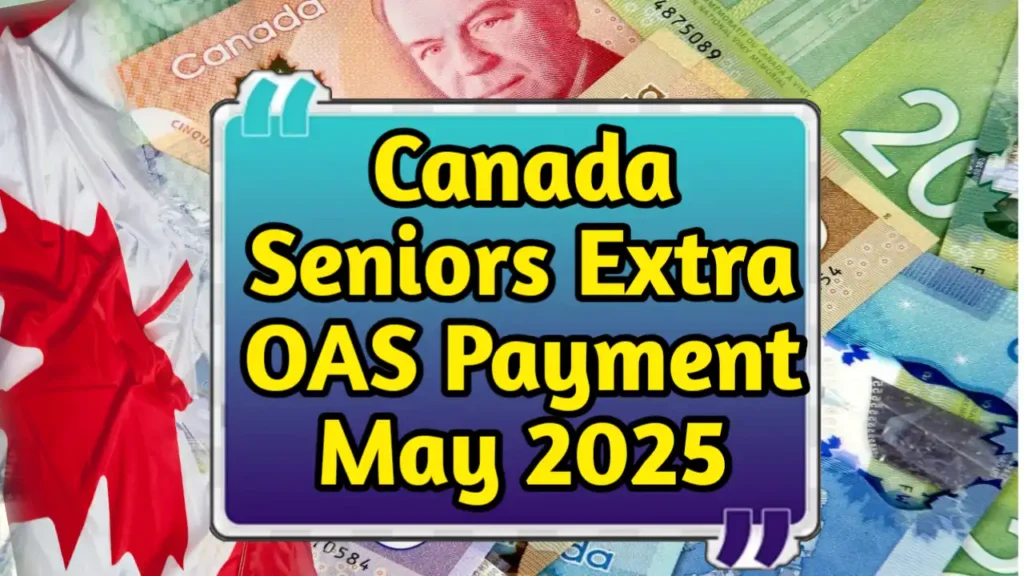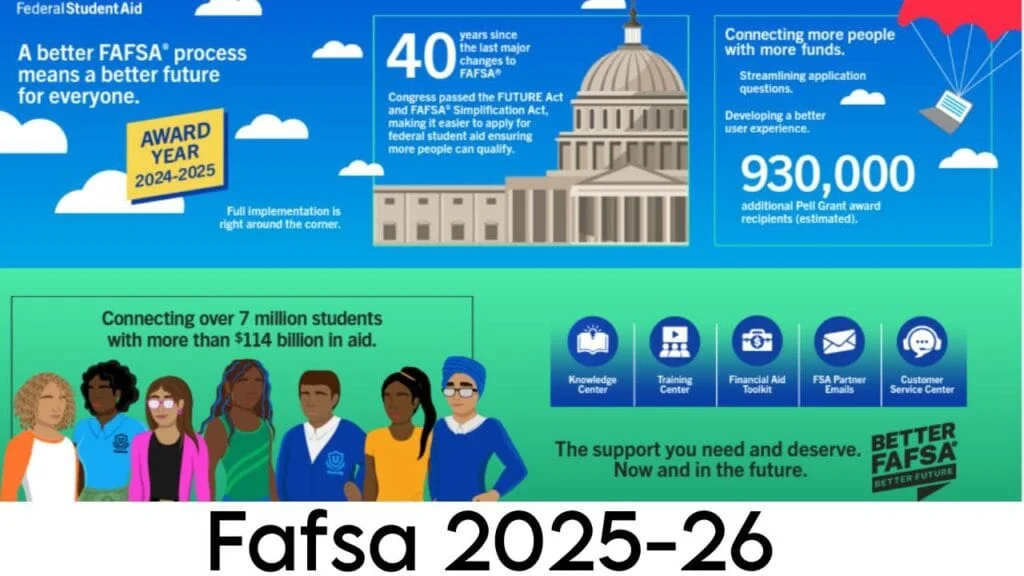$800 Stimulus Checks 2025: Stimulus for Everyone? Eligibility & Payment Dates In 2025, the U.S. government is once again considering direct financial relief for its citizens in the form of stimulus payments. Among the most talked-about developments is the proposed $800 stimulus check, aimed at offering temporary financial relief amid ongoing inflation, rising costs of living, and economic uncertainty. This initiative is expected to support low- and middle-income Americans and potentially boost local economies by increasing consumer spending. With discussions taking shape and preliminary plans being formed, the question on everyone’s mind is: who will get the $800 stimulus check, and when will it be available?
Here’s a comprehensive look at the proposed $800 stimulus check, including eligibility details, expected payment dates, and key updates surrounding this potential relief measure.
$800 Stimulus Check?
The $800 stimulus check is a one-time direct payment that could be issued by the federal government as part of an economic relief package in 2025. Unlike recurring benefits, this stimulus is intended to provide immediate, short-term support to eligible individuals and families who may be struggling due to inflation, job instability, or high living expenses.
If passed by Congress and signed into law, the payments would be distributed to eligible Americans through direct deposit, paper checks, or debit cards, following procedures similar to those used during previous rounds of stimulus during the COVID-19 pandemic.
The proposal is currently in its discussion phase, and while it has not yet been finalized, multiple lawmakers and economic analysts are backing the idea, especially as consumer prices remain high across several sectors.
Is the Stimulus for Everyone?
The most common question is whether every American will receive the $800 stimulus check. The answer depends on eligibility, which is likely to be based on income, tax filing status, and other personal criteria. Here are the expected guidelines:
- Income Limits: Individuals earning up to $75,000 per year and married couples earning up to $150,000 jointly are likely to qualify for the full amount.
- Reduced Payments: Those with higher incomes may receive reduced checks, with a phase-out range likely ending at $99,000 for individuals and $198,000 for couples.
- Tax Filers: Eligibility will typically be based on 2023 or 2024 tax returns, as filed with the IRS.
- Citizenship: U.S. citizens and legal residents with valid Social Security numbers will be eligible. Non-residents and undocumented individuals will not qualify.
- Dependents: It is unclear whether additional amounts will be paid for child or adult dependents, but previous stimulus programs have included such provisions.
People on fixed incomes, such as Social Security recipients, VA beneficiaries, and SSI recipients, may also qualify, as they have in the past. However, their eligibility may depend on whether they meet income thresholds and file taxes or are registered in federal benefit databases.
Expected Payment Dates
As of now, the $800 stimulus check has not been officially approved, so there is no confirmed payment date. However, if legislation passes in the coming months, payments could begin as early as late summer or fall 2025. Based on previous stimulus rollout timelines, once approved, the first payments are usually processed within 2 to 4 weeks.
Here’s a possible payment timeline (tentative and subject to congressional approval):
- Legislation Passed: Mid-2025
- Payment Processing Begins: 2 to 4 weeks after bill approval
- Direct Deposits: Begin first, followed by paper checks and debit cards
- Completion of Payments: Within 6 to 8 weeks from initial release
The IRS may also reopen or update an online portal for non-filers or those who need to update their information, as seen during previous stimulus distributions.
How to Check Status and Prepare
To ensure timely receipt of any potential stimulus payments, individuals should take the following steps:
- File Tax Returns: Ensure your 2023 or 2024 taxes are filed, especially if you are a low-income individual who typically does not file.
- Update Bank Information: Log into your IRS account to confirm or change your direct deposit details.
- Use IRS Tools: If the stimulus is approved, the IRS is expected to relaunch tools like “Get My Payment” to track the status.
- Stay Informed: Monitor official IRS announcements or updates from the U.S. Department of the Treasury.
Why the Stimulus May Be Necessary
The idea behind the $800 stimulus check stems from growing economic concerns. Many Americans continue to face challenges like rising rent, food, and healthcare costs. Wages have not kept pace with inflation, and several working families, seniors, and single parents are struggling to cover basic living expenses.
A one-time stimulus payment can bridge short-term financial gaps, reduce credit card debt, and inject spending power into local economies. Additionally, for individuals on fixed incomes or facing job insecurity, even a modest payment like $800 can help them manage essential bills or unexpected emergencies.
Final Thoughts
The proposed $800 stimulus check in 2025 is a timely conversation around helping Americans navigate the financial pressures of modern life. While the program is not yet finalized, strong support among lawmakers and public demand make it a likely candidate for approval in the near future.






